5 Historical Points Challenging The Existence Of Jesus
Throughout the academic community, there exists a prevailing notion among antiquities scholars that the New Testament gospels present a form of “mythologized history.” This perspective suggests that considering the available evidence, a figure known as Yeshua ben Yosef, a controversial Jewish rabbi, emerged around the beginning of the first century. He garnered a following, with his life and teachings forming the foundational elements that later evolved into Christianity.
These scholars acknowledge the incorporation of mythic motifs—such as the virgin birth, miracles, resurrection, and the narrative of women at the tomb—into the Bible stories. These motifs bear resemblances to mythic themes prevalent in the Ancient Near East. This resemblance is akin to how screenwriters draw from familiar narrative patterns when crafting new films. In this interpretation, the “historical Jesus” transitions into a figure of mythological significance.
The Man Behind The Legend
For over two centuries, theologians and historians aligned with this perspective have scrutinized ancient texts, both canonical and non-canonical, in an attempt to discern the man behind the legend. Some contemporary bestsellers, including Reza Aslan’s Zealot and Bart Ehrman’s How Jesus Became God, reflect this approach, simplifying scholarly findings for a broader audience.
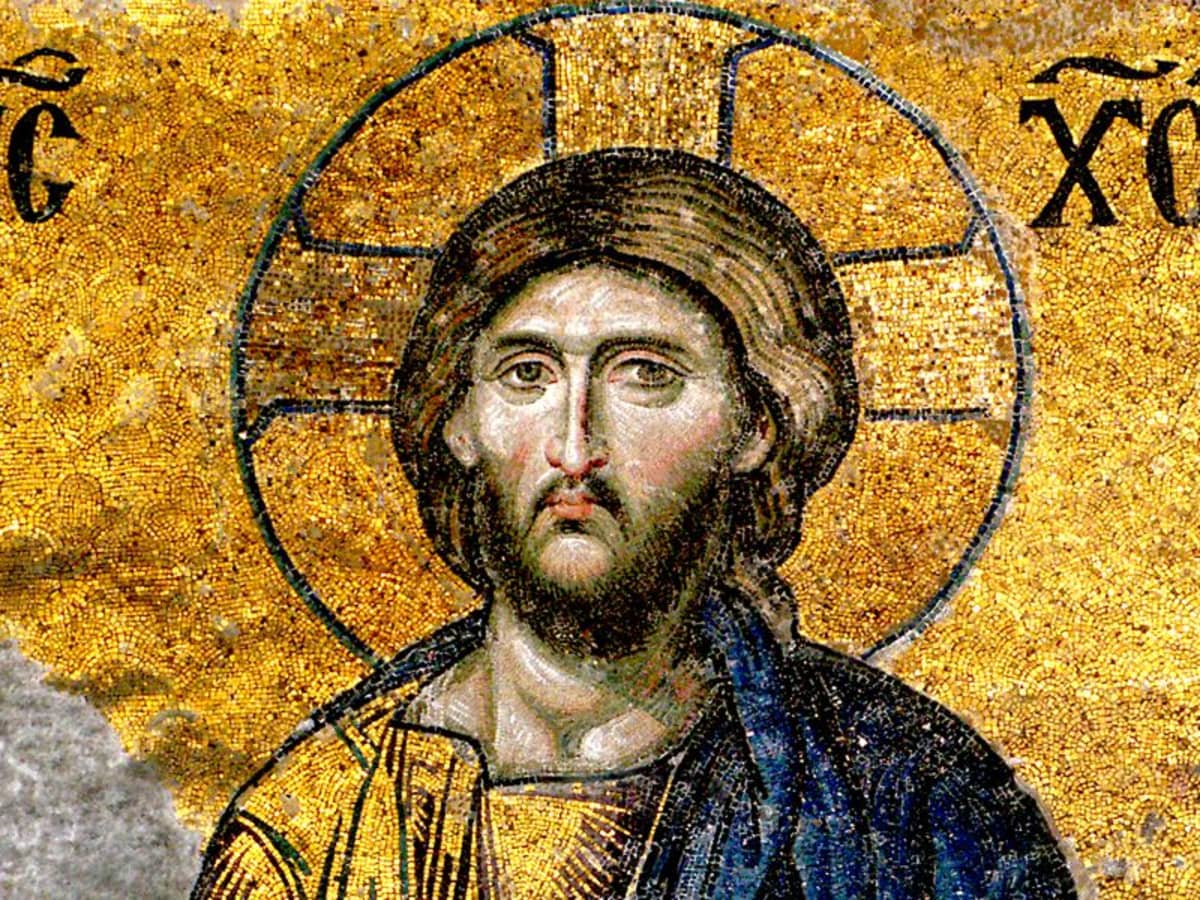
Source: churchgists.com
While the idea that Jesus never existed is a minority stance, it remains a notable perspective. David Fitzgerald, the author of Nailed: Ten Christian Myths That Show Jesus Never Existed at All, highlights the historical context of most scholars who, at some point, were Christians themselves. Today, even secular scholars often emerge from religious backgrounds, which can influence their historical presumptions.
Fitzgerald, an advocate of the “mythical Jesus” perspective, is renowned among secular audiences as an atheist speaker and writer. Notably, Zeitgeist the Movie introduced many to the underlying mythic aspects of Christianity, yet its credibility was compromised by errors and simplifications. Fitzgerald strives to rectify this by providing accessible, well-grounded information based on accountable scholarship.
The Debate Continues
Further support for the Jesus Myth theory is found in the works of scholars like Richard Carrier and Robert Price. Carrier, who has a Ph.D. in ancient history, employs his scholarly tools to suggest how Christianity might have emerged without reliance on miracles. Conversely, Price’s approach emerges from his background as a theologian and biblical scholar, forming the foundation of his skepticism. It’s worth noting that some staunch critics of the popular Jesus Myth theories are academic Mythicists themselves.

Source: Currerb/ Tumblr
The debate, whether favoring mythologized history or historicized mythology, continues to expand and intensify rather than converge. Many, both within and beyond the Christian faith, find it surprising that such a debate exists in the first place. Nonetheless, here are some key points about the skepticism:
The First Two Skepticisms
1. Scarcity of secular evidence from the first century to support Yeshua ben Yosef’s existence.
According to Bart Ehrman, pagan authors contemporaneous to Jesus’ time remain conspicuously silent about him. No birth records, trial transcripts, or death certificates exist. Not a solitary reference to Jesus appears in any non-Christian or non-Jewish writings of that era.
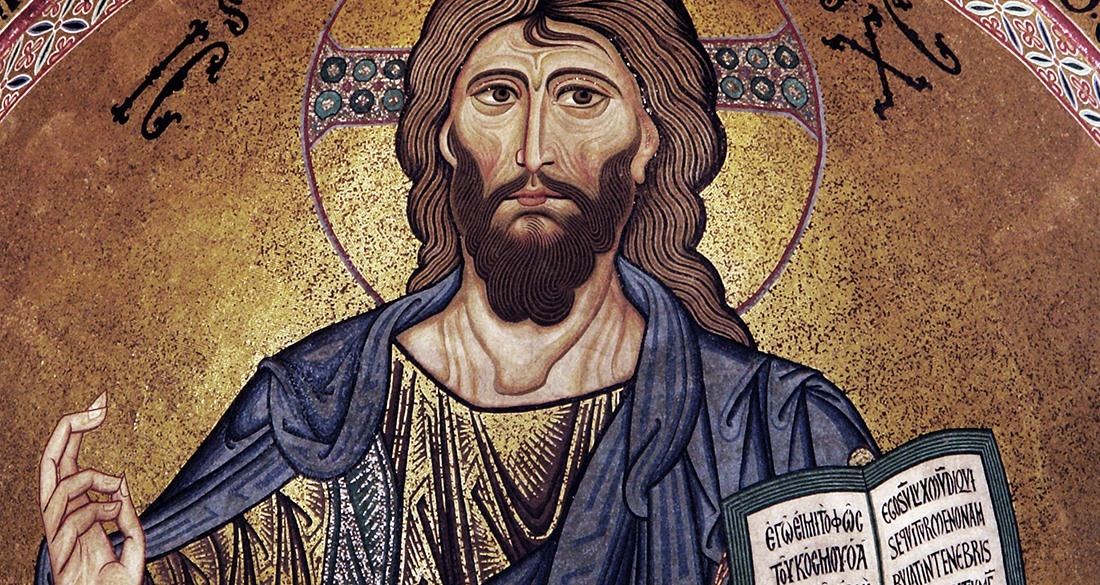
Source: trendingtopmost.com
2. Ignorance of Jesus’ details in the earliest New Testament writings.
Paul, an early Christian figure, appears oblivious to fundamental biographical aspects attributed to Jesus in later texts. Paul refrains from citing Jesus’ authority when it would bolster his arguments, and his portrayal of Jesus’ disciples is at odds with the gospels.
Banking On the Testimony of Fallible Men
Yet another popular argument of Erhman is the lack of credibility of human beings. He posits that in the light of self-interest, anyone would alter their narrative of a string of events.

Source: Wikimedia Commons
According to Erhman, conscience is too weak a cord by which to suspend the credibility of the average human. So, he thinks it unreliable to bank on the personal accounts of a couple of men who claimed to have had direct relations with the man Jesus.
Other Skepticisms
3. Lack of first-hand accounts in the New Testament stories.
The gospel names attributed to apostles Matthew, Mark, Luke, and John were assigned later and not authored by them. Pseudonymous writing was customary, contributing to the uncertainty about the authors’ direct experiences.
4. Inconsistencies among the gospel accounts.
Mark’s gospel, considered the earliest, served as a template for the later Luke and Matthew, albeit with variations. These accounts, and the even later gospel of John, contradict one another due to differing intentions and audiences.

Source: worldhistory.org
5. Diverse depictions of the real historical Jesus by modern scholars.
Scholars who claim to have unveiled the real historical Jesus present divergent portraits, including a philosopher, Hasidic figure, Pharisee, rabbi, revolutionary, and pacifist. This variety underscores the complexity of the discussion.
Fitzgerald asserts that Jesus may have catalyzed Christianity rather than initiated it. The origins of Christianity may be linked to early Christians adapting elements from existing religious traditions. Whether a historical Jesus existed or not, Fitzgerald contends that the figures reconstructed by secular scholars remain conjectural.
The Authors of the Synoptic Gospels May Have Been Honestly Wrong
Another scholar, Maurice Casey, has tried what we will call an effort to dispel the belief that Jesus ever walked the earth. Despite fighting the same cause, Casey discredited Erhman’s criticism as unreliable in a 2014 treatise.
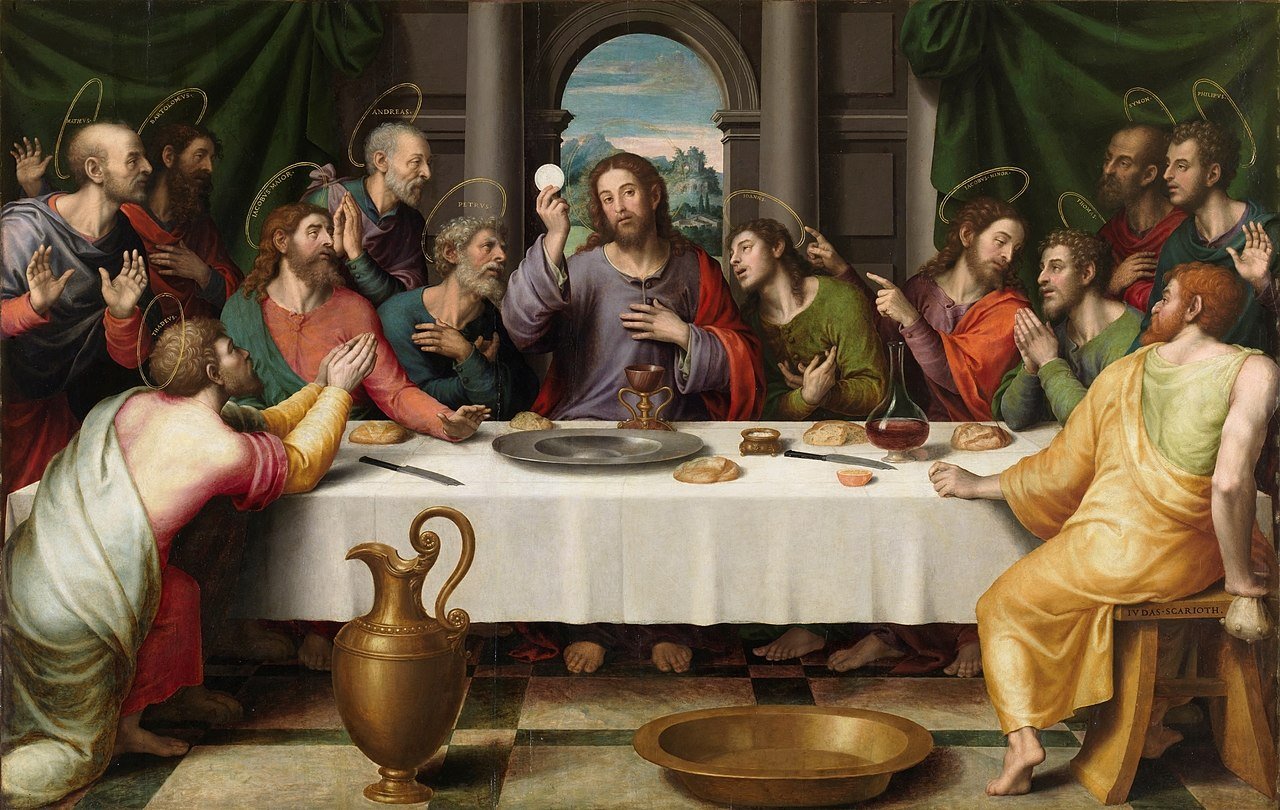
Source: Wikimedia Commons
Furthermore, Casey highlighted the multiple inconsistencies in the accounts of the disciples who shared some details about the life and acts of Jesus. He was of the opinion that the accounts of the four gospels are from sources that have been long lost or never existed, and cannot be verified.
A Mythical Gospel
Quite a number of secular scholars have established parallels and links in the stories of Jesus’ life, as provided in the Gospels and a number of ancient mythological personas.

Source: Sydney University Catholic Society/YouTube
This is the basic argument with which a religious studies researcher and doctoral student — Raphael Lataster — made a case against the truthfulness of a Historical Jesus. Also, he posits that Paul’s account of Jesus was from a Messianic, and not from a historical, perspective—making it unreliable.
A Mythic Character Given Flesh and Blood
There are literary scholars who claim that the characters of Dante Alighieri’s Divine Comedy felt so real that it would be believable if he had claimed they happened as described in the poem.
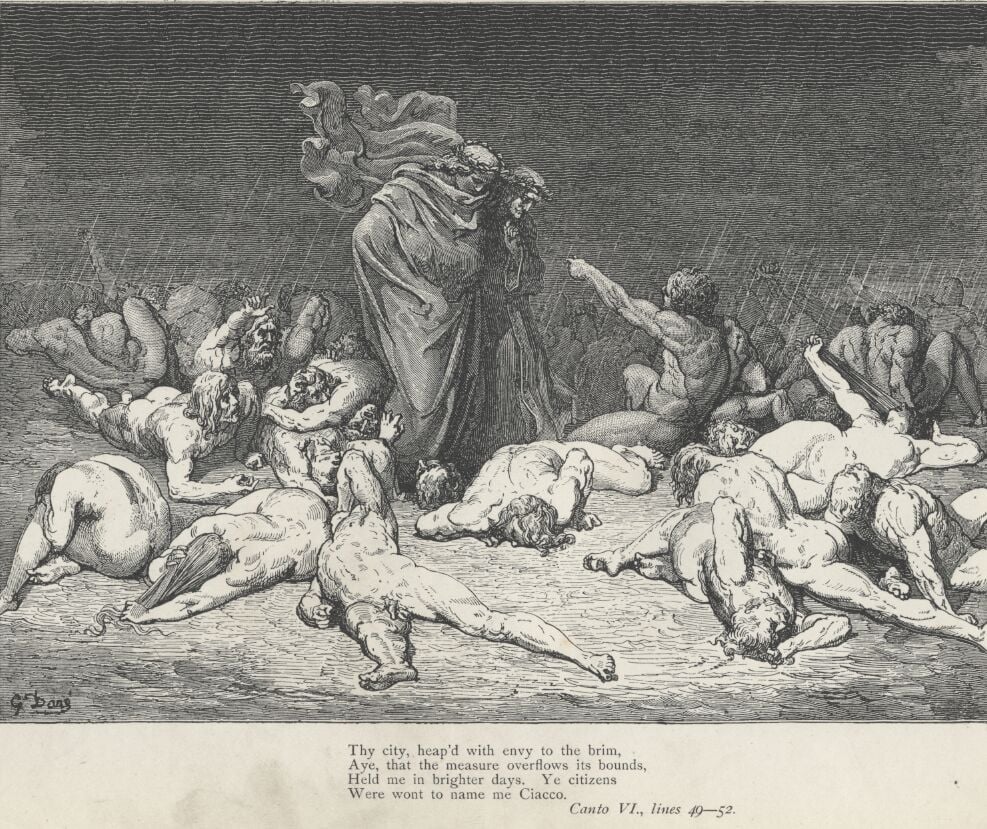
Source: Gutenberg Project
The argument of scholars that follow the Lataster school of thought aligns with the Dante analogy. They buttress their point by citing texts from the early Christian Church that simply allude to a nameless celestial entity. So, such scholars believe Jesus was just a mythical character that was substantiated down the lane of history.
Disparity of Portrayal in the Gospels and Epistles
Yet another scholar had a lot to say about the mythicism of Jesus. Richard Carrier is a historian who wrote a book — On the Historicity of Jesus. Carrier also surmised, as objectively as possible, that the Synoptic Gospels were simply an effort to historize a mythical character.
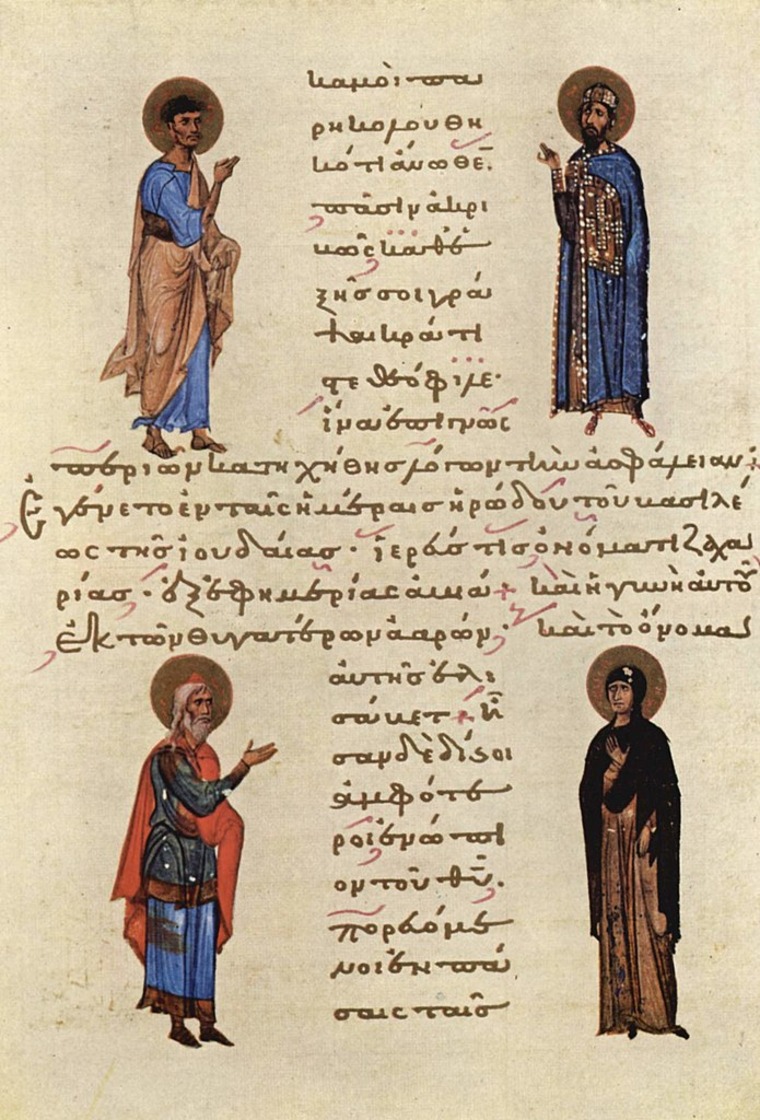
Source: Wikimedia Commons
He explains that the New Testament Epistles then changed the narrative by trying to mythologize and make a deity of a man that the early Christians claimed lived and walked the earth.
The question of what truly set Christian history in motion remains a puzzle, with only the passage of time holding the key to unraveling it.
